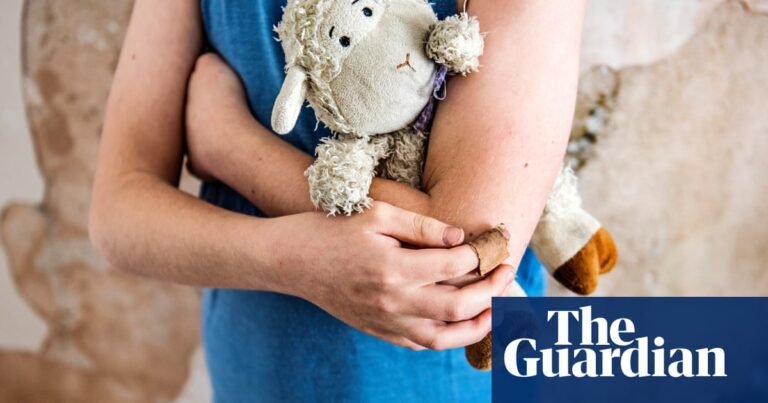Children in England are living in “almost Dickensian levels of poverty” where deprivation has become normalised, the children’s commissioner has said, as she insisted the two-child benefit limit must be scrapped.
Young people said they had experienced not having enough water to shower, rats biting through their walls, and mouldy bedrooms, among a number of examples in a report on the “crisis of hardship” gripping the country.
Dame Rachel de Souza said she had noticed a significant shift in how young people talked about their lives since she became children’s commissioner four years ago, and that “issues that were traditionally seen as ‘adult’ concerns are now keenly felt by children”.
“Children shared harrowing accounts of hardship, with some in almost Dickensian levels of poverty,” she said. “They don’t talk about ‘poverty’ as an abstract concept but about not having the things that most people would consider basic: a safe home that isn’t mouldy or full or rats, with a bed big enough to stretch out in, ‘luxury’ food like bacon, a place to do homework, heating, privacy in the bathroom and being able to wash, having their friends over, and not having to travel hours to school.”
The report said it was “deeply concerning how often children seemed to accept these inadequate situations as normal, or to have worryingly low expectations for what they should be entitled to”.
She said that, in “one of the richest societies in the world”, people in power “should be ashamed that children are growing up knowing their futures are being determined by their financial circumstances”.
A record 4.5 million children were living in poverty in the UK in the year to April 2024, according to the latest figures. Labour’s flagship child poverty strategy has been delayed until at least the autumn, as it faces growing pressure to end the two-child limit on universal credit.
On Sunday, the education minister said the government’s recent U-turn on changes to welfare would make it harder to implement the policy, adding to concerns it may not be added to the strategy.
“The decisions that have been taken in the last week do make decisions, future decisions harder,” Bridget Phillipson told BBC’s Sunday with Laura Kuenssberg.
The limit, which came into effect under the Conservatives in April 2017, restricts child tax credit and universal credit to the first two children in most households. The Child Poverty Action Group estimates 109 children are pulled into poverty every day by the limit.
The Institute for Fiscal Studies has estimated that axing the policy would cost the government about £3.4bn a year and would lift 500,000 children out of relative poverty.
De Souza said there was “no quick fix to ending child poverty”, but it was “very clear that any child poverty strategy must be built on the foundation of scrapping the two-child limit”.
skip past newsletter promotion
Our morning email breaks down the key stories of the day, telling you what’s happening and why it matters
Privacy Notice: Newsletters may contain info about charities, online ads, and content funded by outside parties. For more information see our Privacy Policy. We use Google reCaptcha to protect our website and the Google Privacy Policy and Terms of Service apply.
after newsletter promotion
The commissioner’s report, based on the experiences of 128 children aged between six and 18 across the country between January and March this year, noted a range of concerns including lack of access to quality, healthy food, and living in cramped and poor conditions.
De Souza also called for a “triple-lock” on child-related benefits to ensure they kept up with rising prices, reforms to ensure families are not housed in temporary bed and breakfast accommodation for longer than the legal six-week limit and free bus travel for all school-age children in England.
Responding to the report, Paul Whiteman, the general secretary of the school leaders’ union NAHT, said teachers were “increasingly running food banks and warm hubs, providing food vouchers and even offering use of laundry facilities, but this shouldn’t be necessary, and schools cannot tackle all the underlying causes of child poverty”.
He said he supported the commissioner’s call for cross-departmental action and auto-enrolment for free meals.
The Department for Work and Pensions has been contacted for comment.
